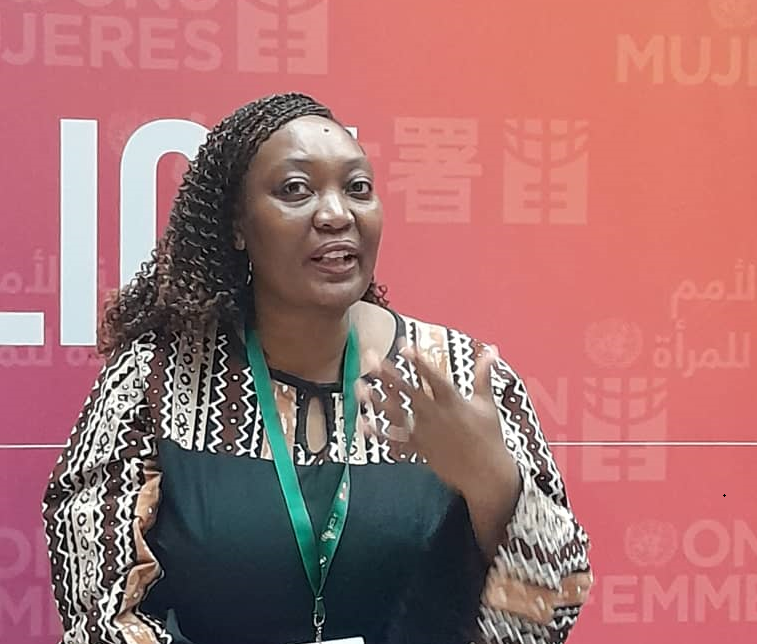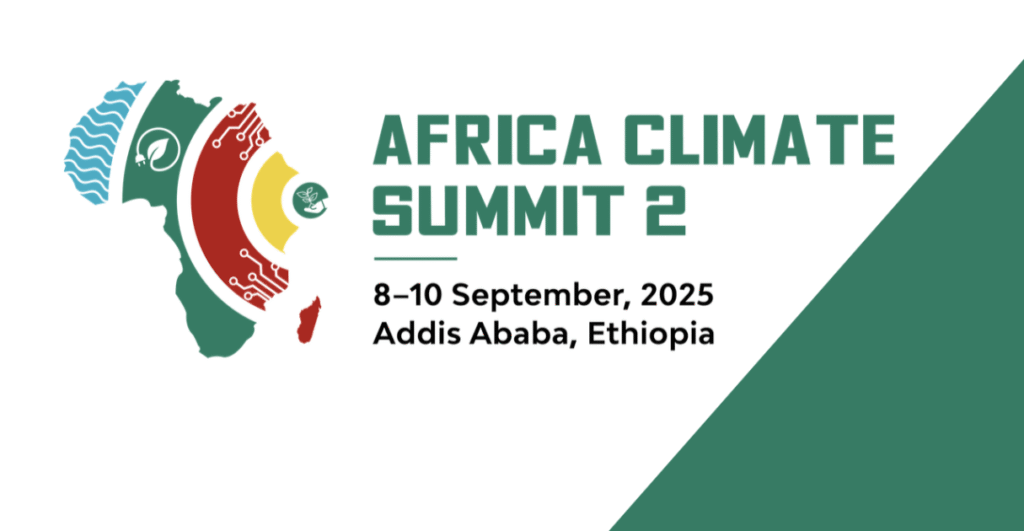By Jenifer Gilla
Addis Ababa, Ethiopia. At a side event during Africa Climate Week, civil society leaders and financial institutions sparred over the future of climate finance in Africa particularly who benefits from the billions pledged in global forums.
Executive Director of the African feminist network (FEMNET), Memory Kachambwa warned that women remain systematically excluded from the climate finance system.
“Globally, less than 1 percent of Official Development Assistance goes to gender equality. For climate finance, less than 3 percent has gender equality as its main goal,” she told delegates.
In Africa, the numbers are equally grim. Of an estimated $2.4 billion (Sh6.24 trillion) in climate funding to civil society, only $43 million (Sh111.8 billion) less than 2 percent reached feminist or women’s rights movements.
“This means women and young people on the frontlines of the climate crisis are sidelined,” Kachambwa said.
She highlighted Nigeria’s experience, where only 16 percent of climate projects between 2015 and 2021 included gender considerations, and just one percent made it a central goal.
“When gender is not prioritized, women are excluded from the resources they need to adapt and thrive,” she argued.
FEMNET, working with partners in eight African countries, has demonstrated that small, flexible grants can transform communities.

“With just a few hundred thousand dollars, women’s groups have had tremendous impact. Imagine the multiplier effect if large-scale climate finance went directly to them,” Kachambwa said.
She urged donors to simplify access and invest in structural change, not tokenistic micro-projects. FEMNET’s new paper on feminist just transition calls for debt cancellation, progressive taxation, and gender-responsive budgeting as part of alternative financing models.
Representatives from major institutions sought to reassure activists. Chihenya Kangara, Regional Manager for Africa at the Green Climate Fund (GCF), said the fund is shifting to a “country-led, country-managed, and country-owned” approach.
“We are here to support national climate plans and ensure resources reach communities, guided by local priorities,” he said.
The GCF is leveraging its readiness programthe largest of its kind globallyto help governments and private actors design bankable climate proposals.
Kangara emphasized the need to integrate the private sector: “Civil society organizations must also work closely with private actors and governments to meet national climate ambitions.”
From the African Development Bank (AfDB), James Kenyan outlined how new facilities are expanding access. The bank’s Climate Action Window, created in 2022, has already allocated $321 million (Sh834.5 billion) to 41 projects in 37 low-income African countries. The fund dedicates 75 percent to adaptation, 15 percent to mitigation, and 10 percent to technical assistance.
“These resources are already supporting communities across agriculture, renewable energy, water systems, and land management,” Kenyan said.
A second call has just approved $64 million (Sh119.6 billion) for mitigation projects, while hundreds of applications are being processed for technical assistance.
Kenyan stressed that national designated authoritiesthe official country-level bodies for climate finance are central to mobilizing resources. “By working through NDAs, Africa can better align climate finance with national and regional priorities,” he said.
Despite these commitments, activists insisted that the current system leaves women behind. “We must ask: where are the women in all these adaptation funds?” Kachambwa pressed.



ewrd00
atalkc